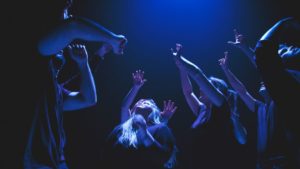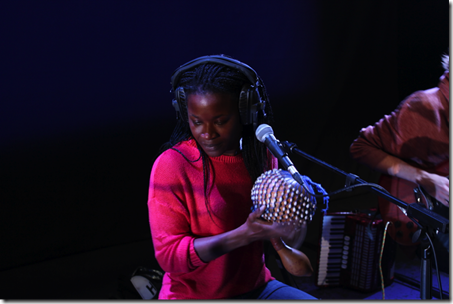8: Production addresses pressing issues and fears of today
Guest Critic: Yana Meerzon

On November 8, 2016, America elected its 45th President, Donald Trump, whose political forays, populist statements and neo-nationalist decrees, as well as Twitter type of communication, evoke the Russian poet –futurist Vladimir Mayakovsky’s manifesto “A Slap in the Face of Public Taste” (1917). By slapping public taste, however, Mayakovsky aimed to change the role of arts in society, while Trump aims to change society itself. Trump’s aggressive and dangerous practices also bring into question the role performing arts can play in resisting this type of political discourse and law-making.
Mani Soleymanlou, a Québécois artist of Iranian origin, and his company Orange Noyée, ask a similar question. With their new production 8 they inquire: what can theatre artists and intellectuals, socially and politically engaged individuals, do to resist the phantasmagoria of the Trump-lead era of history? What devices of political performance can make true social impact, in a time when peoples’ political opinions and politics itself are formed over social media, through Twitter, Facebook and Instagram? …

